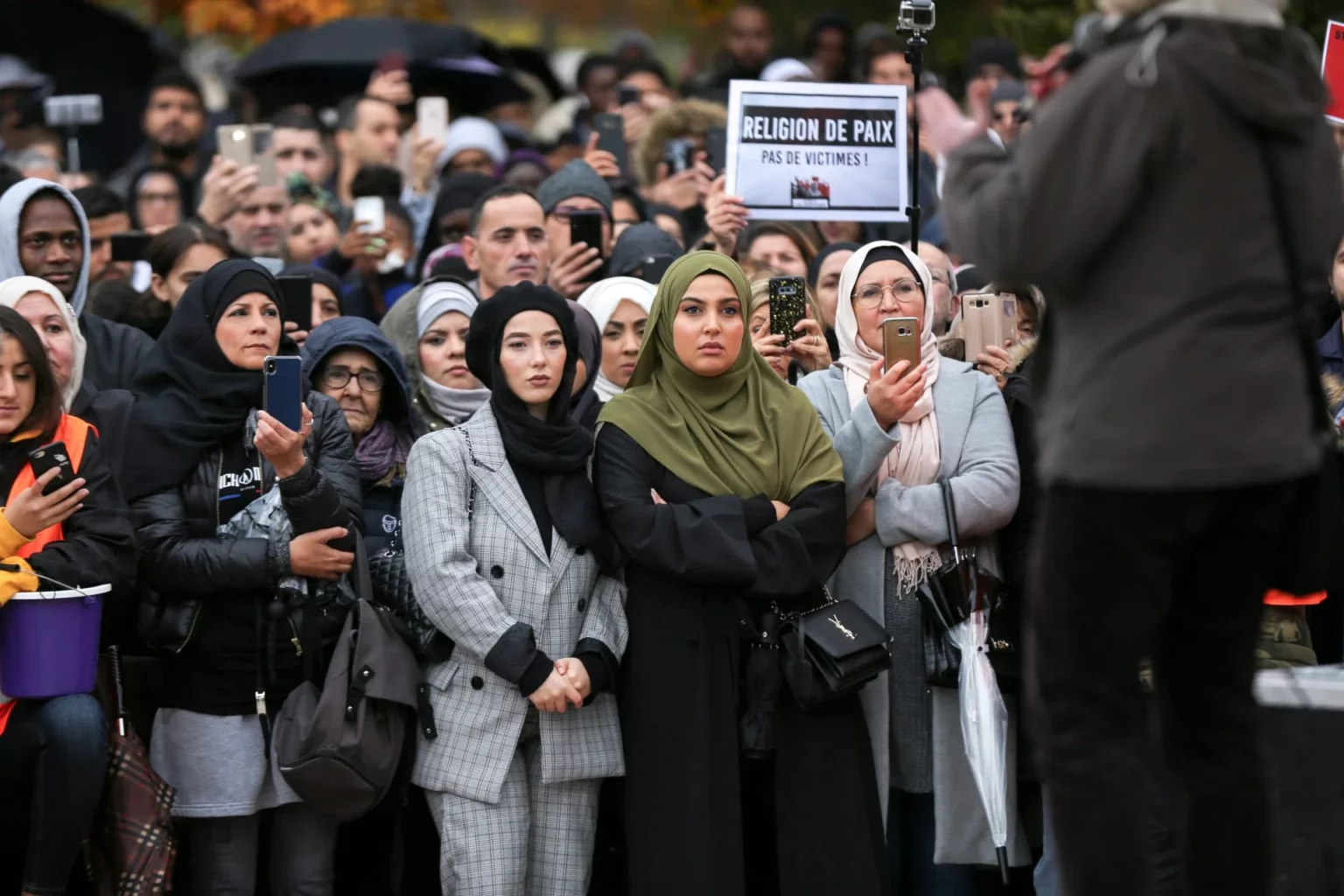France is currently embroiled in a contentious debate over the possibility of prohibiting the wearing of abaya dresses in schools, a move motivated by concerns that the attire contravenes the country’s staunch secular laws. The proposed ban, which has garnered both support and opposition, highlights the delicate balance between religious expression and the preservation of France’s secular values within educational institutions.
Education Minister Gabriel Attal recently made headlines by addressing the issue, stating, “It will no longer be possible to wear an abaya at school.” Attal intends to issue definitive guidelines to school administrators ahead of the return to classes across the country on September 4.
This development comes after a prolonged debate surrounding the presence of abayas in schools, an issue distinct from the existing ban on headscarves for women. The ban has received endorsement from right-wing and far-right factions, with proponents arguing that it upholds secularism, while critics contend that it infringes upon personal liberties.
Instances of abayas being worn more frequently within school premises have sparked tensions between teachers and parents, revealing the complexity of the matter.
Attal underscored the importance of secularism in education, asserting, “Secularism means the freedom to emancipate oneself through school.” He characterized the abaya as a “religious gesture” intended to test the boundaries of the republic’s secular principles within the educational sphere.
He further elaborated, “You enter a classroom, you must not be able to identify the religion of the students by looking at them.”
France previously enacted a law in 2004 that prohibited “the wearing of signs or outfits by which students ostensibly show a religious affiliation” within schools. This encompassed religious symbols like large crosses, Jewish kippas, and Islamic headscarves.
Unlike headscarves, abayas—loose, modest dresses adhering to Islamic beliefs—occupied a legal gray area, facing no outright ban until now. However, the education ministry had already issued a circular on the subject in November of the previous year.
This circular included abayas within a category of clothing items that could face prohibition if worn in a way that visibly demonstrates a religious affiliation. This classification also extended to items like bandanas and long skirts.
Reactions to the proposed ban have varied widely. While some education unions and political figures welcome the clarity it provides, others criticize it as a form of clothing policing that infringes upon secular values and individual rights.
The discussion around the potential ban on abayas in schools adds a new layer to the ongoing dialogue about secularism, religious freedom, and cultural integration in France.




